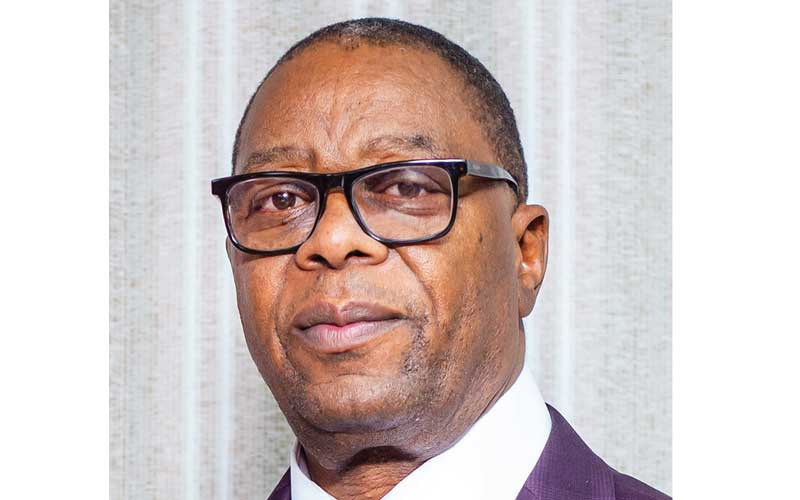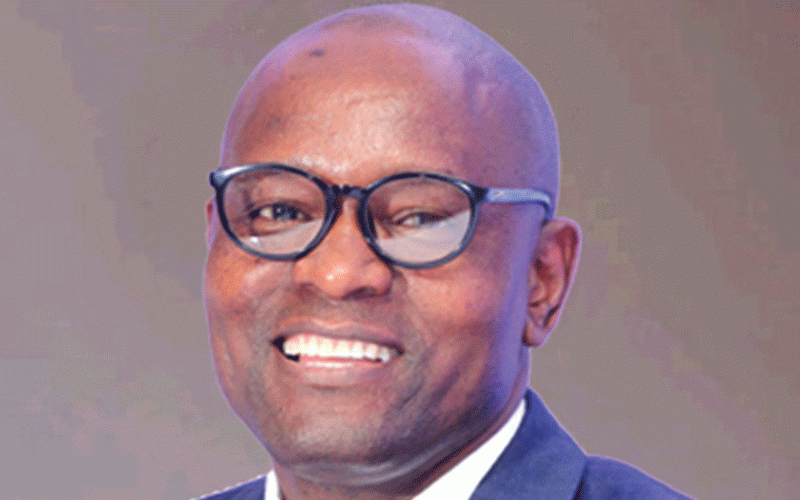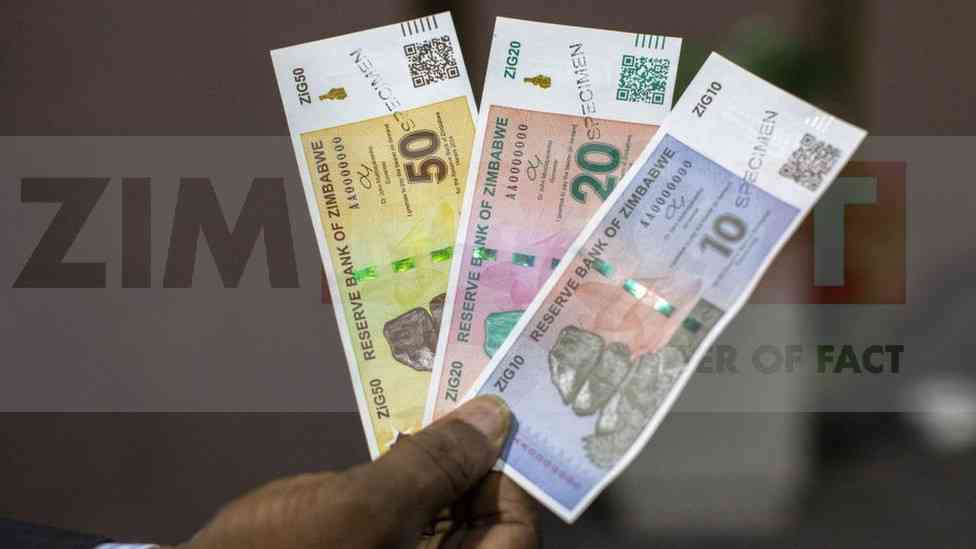HEALTH and Child Care minister Douglas Mombeshora has hit out at medical aid service providers for overcharging and reaping off desperate patients.
Addressing delegates at the Association of Healthcare Funders of Zimbabwe (AHFoZ) annual conference in Victoria Falls yesterday, Mombeshora questioned the pricing system of medical aid service providers.
“I have never accepted this thing of saying they should pay shortfall,” Mombeshora said.
“The relatives would have sold property to settle shortfalls to no avail.
“This state of affairs is morally wrong . . . Gone are the days whereby patients just pour in money and continue with treatment regimens that do not show any evidence of improvement.”
- Triangle retrenches as economy bites
- Caledonia in US$42 million capex drive for 2025
- Mukuru launches mobile wallet in Zim to bolster financial inclusion
- Economy heads for a bloodbath: Biti
- NBS completes Glaudina housing project ahead of schedule
Medical aid companies are struggling to come up with affordable schemes targeting low-income earners, amid an ailing health system in Zimbabwe.
Mombeshora said authorities wanted to institute reforms to guide the operations of medical aid service providers as well as increase domestic funding for health.
"The Medical Aid Societies Bill is on the agenda,” he said.
“Key reforms include establishment of a regulatory authority, review of capital and investment modalities, among other issues.”
AHFoZ chief executive officer Shylet Sanyanga said medical aid service providers were facing challenging times due to the harsh economic climate and an unstable exchange rate.
“Medical aid societies are required to give prior notice to their members on any pending increases in contributions. Members and employer organisations are not always able to absorb proposed increases,” Sanyanga said.
“This often results in a mismatch which causes shortfalls.
“It should be noted, however, that there are other causes of shortfalls such as exhausted annual global limit/benefits, suspended membership, exchange rate mismatch, the difference in fees charged by a provider and the AHFoZ tariff.”













